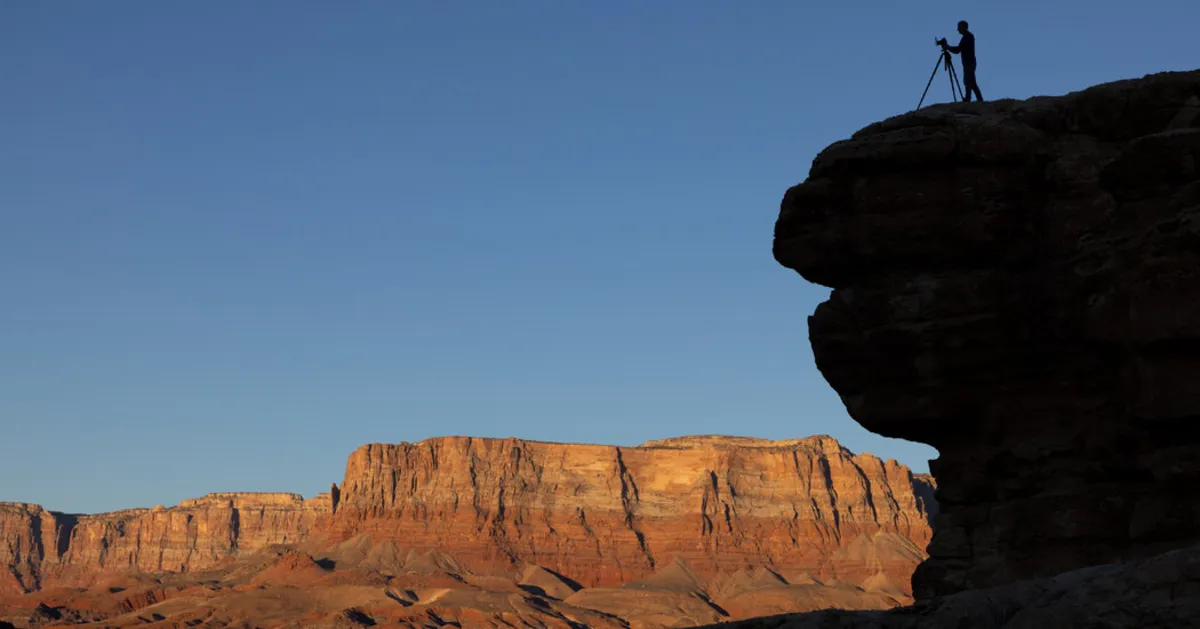
As the government shutdown enters its first full week, travelers planning visits to national parks and other federally managed tourist sites face mounting uncertainty. While national parks will broadly remain open, there are notable exceptions. Even those parks operating during this period may experience reduced services for visitors. Specific conditions and available amenities will vary from park to park.
According to a contingency plan released by the Interior Department, “As a general rule, if a facility or area is locked or secured during nonbusiness hours (such as buildings and gated parking lots), it should remain locked or secured throughout the shutdown.” With approximately two-thirds of the employees at the National Park Service furloughed due to the shutdown, the level of essential services, such as law enforcement, emergency response, and wildfire monitoring, remains uncertain.
California boasts nine national parks—the most of any state in the U.S.—and according to their websites, these parks will largely remain open for visitors. However, services will be limited, and certain facilities, like the Black Rock Nature Center in Joshua Tree National Park, will be closed. Local media has reported that Alcatraz Island, which features the infamous former federal prison, reopened last week after a brief closure at the start of the shutdown. Conversely, Muir Woods National Monument, known for its majestic redwood trees, will be closed throughout this period.
The Utah Office of Tourism confirms that the state’s five national parks—Zion, Arches, Canyonlands, Capitol Reef, and Bryce Canyon—will continue to operate during the shutdown. Visitor centers at each of these parks are currently open or are expected to open soon, ensuring that visitors can still enjoy the beauty of Utah's national landscapes.
In Colorado, the eight National Park Service sites that collect entrance fees, such as Rocky Mountain National Park, Mesa Verde, and Black Canyon of the Gunnison National Park, will remain operational using existing fee revenues until those funds are exhausted. Governor Jared Polis announced that state agencies are coordinating with National Park Service officials to maintain park operations, and local law enforcement agencies have pledged their support during the shutdown.
In New Mexico, the caves at Carlsbad Caverns National Park will be closed, as will all access roads leading into the park. Under the Interior Department contingency plan, guided tours of other cave systems, including Mammoth Cave National Park in Kentucky and Wind Cave National Park in South Dakota, are expected to be limited or suspended.
Arizona's iconic Grand Canyon National Park will remain accessible to the public during the shutdown, although it will not collect entrance fees. However, buildings operated by the National Park Service, such as visitor centers, will be closed. Additionally, Petrified Forest National Park, which typically closes overnight, is likely to be off-limits for the duration of the shutdown, as outlined in the Interior Department contingency plan.
The Great Smoky Mountains National Park, the country's most visited national park, will continue to be open according to a release from Sevier County, Tennessee, which encompasses part of the park. Thanks to a collaboration among various state and local agencies and the Eastern Band of Cherokee Indians, areas that were closed at the onset of the shutdown are set to reopen. Staff will be present to maintain restrooms and ensure visitor and wildlife safety.
Most museums and monuments in Washington, D.C., remain open, though more may begin to close if the shutdown persists. As reported by Destination DC, a nonprofit organization dedicated to promoting tourism in the capital, several sites have already closed, including the Library of Congress, the National Archives Museum, the Washington Monument, and the National Arboretum. Tours of the Capitol Building and the Pentagon are also suspended. However, sites managed by the Smithsonian Institution—including galleries, museums across D.C., and the National Zoo—are expected to remain open until at least October 11, as confirmed by the institution. Open-air memorials and monuments, like the National Mall, will generally continue to be accessible to the public under the National Park Service contingency plan.
As the situation evolves, travelers are encouraged to check the official websites of the respective parks and attractions for the most current information regarding accessibility and services during this government shutdown.